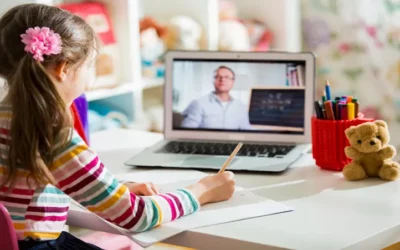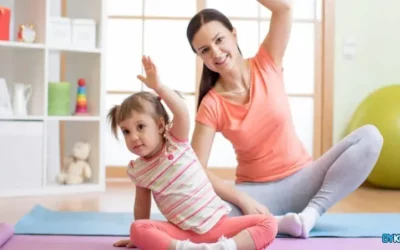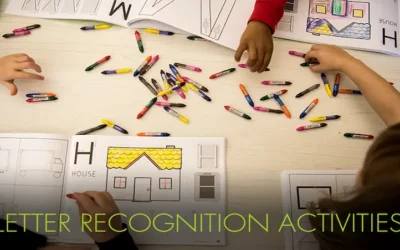Social skills development is a crucial aspect of a child’s growth and plays a significant role in their overall well-being and future success. As parents, it is our responsibility to foster and nurture these skills in our children.
By engaging them in fun and educational activities, we can create an environment that promotes social interaction, empathy, and effective communication. In this blog, we will explore the importance of social skills, discuss the challenges children face, and provide a comprehensive guide on how parents can promote social skills development through enjoyable activities.
Table of contents
Understanding Social Skills Development
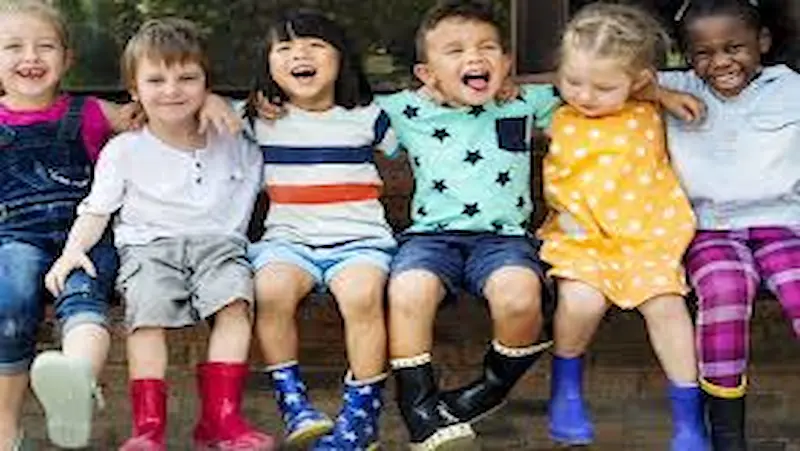
Social skills refer to the abilities required to interact effectively with others, including communication, cooperation, empathy, problem-solving, and self-control. These skills are essential for building meaningful relationships, succeeding in school, and navigating various social situations. Children with well-developed social skills are more likely to experience better mental health, academic achievement, and overall life satisfaction.
However, social skills development can present challenges for children. They may struggle with shyness, difficulty expressing themselves, or understanding non-verbal cues. As parents, we can support our children by providing guidance, encouragement, and opportunities to practice and refine their social skills.
Creating a Positive Environment for Social Skills Development
Creating a positive and nurturing environment is crucial for fostering social skills in children. By cultivating a supportive atmosphere at home, parents can encourage their children to explore and develop their social capabilities. Children’s education goes beyond academics, encompassing social skills development that equips them with essential abilities like communication, empathy, and teamwork, fostering well-rounded growth. Here are a few tips to create such an environment:
- Active Listening: Actively listen to your child when they express their thoughts, feelings, and concerns. Show genuine interest and validate their experiences.
- Open Communication: Encourage open communication by establishing a safe and non-judgmental space where your child feels comfortable expressing themselves.
- Modeling: Be a positive role model by demonstrating effective social skills in your interactions with others. Children often learn through observation, so your behavior sets an example for them to follow.
- Encouragement: Offer praise and encouragement when your child displays positive social behaviors, such as sharing, taking turns, or resolving conflicts peacefully. Celebrate their progress and efforts.
Fun Activities to Promote Social Skills
- Team Building Games: Engaging children in interactive games that require teamwork, cooperation, and communication can enhance their social skills. Games like “Minefield,” where participants guide a blindfolded teammate through an obstacle course, “Human Knot,” where individuals form a tangled knot and work together to unravel it, or “Group Storytelling,” where children collaboratively create a story, are excellent examples of team-building activities.
- Role-Playing: Role-playing allows children to explore social interactions and problem-solving in a safe and controlled environment. Create scenarios that reflect real-life situations and encourage your child to assume different roles. For instance, they can pretend to be a shopkeeper or customer and practice effective communication and negotiation skills.
- Collaborative Art Projects: Engaging in art activities can promote sharing, cooperation, and negotiation skills. Encourage your child to participate in collaborative projects such as mural painting, where they work together with other children to create a masterpiece, or creating a group storybook, where each child contributes a page to a collective storytelling endeavor.
- Community Service Projects: Involving children in community service projects not only teaches them the value of helping others but also provides ample opportunities for social skill development. Activities like volunteering at a local shelter, participating in a neighborhood cleanup, or organizing a food drive can foster empathy, teamwork, and a sense of social responsibility.
Cultivating positive habits plays a crucial role in social skills development, as these habits enhance communication, empathy, and collaboration, enabling individuals to navigate social interactions with confidence and grace.
Incorporating Educational Tools into Social Skills Development
Educational tools, such as books, movies, and online platforms, can be powerful aids in teaching social skills to children. These resources often present relatable stories and characters that highlight important social values. Here are some recommendations for age-appropriate resources:
- Books: “The Rainbow Fish” by Marcus Pfister teaches children about sharing and the value of friendship. “Have You Filled a Bucket Today?” by Carol McCloud encourages kindness and empathy.
- Movies: Films like “Inside Out” explore emotions and help children understand their own feelings and those of others. “Finding Nemo” emphasizes the importance of friendship, teamwork, and perseverance.
- Online Platforms: Websites like PBS Kids and Sesame Street offer interactive games, videos, and activities that focus on social skills development. These platforms provide engaging content that is both educational and entertaining.
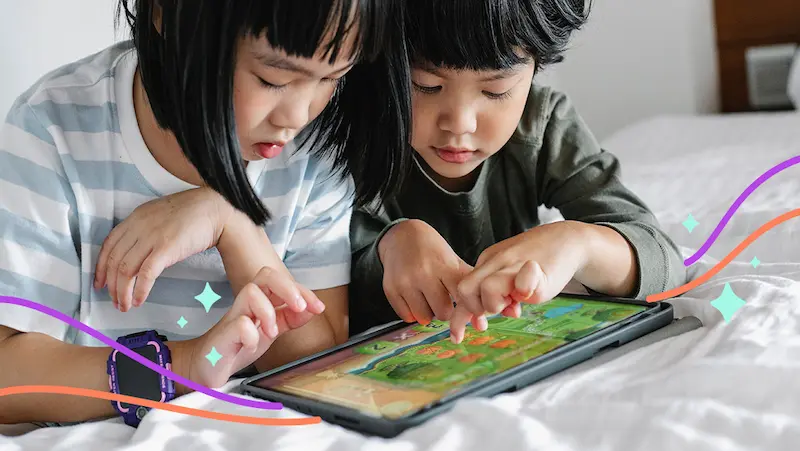
Also, check out educational toys for 3 year olds.
Conclusion
In conclusion, promoting social skills through fun and educational activities is a valuable investment in our children’s development. By understanding the significance of social skills, creating a positive environment, and incorporating enjoyable activities, we can provide our children with the tools they need to navigate social interactions successfully.
Remember to be patient, celebrate their progress, and embrace the long-term impact of strong social skills on their lives. Let’s embark on this journey together and watch our children thrive.
Join the revolution in education with Brightchamps. Our courses in robotics, coding, and financial literacy empower kids to become confident and capable learners.
Learn more about robotics class for kids and online robotics courses for kids .
Frequently Asked Questions
Social skills are essential for building relationships, succeeding in school, and navigating various social situations. They contribute to better mental health, academic achievement, and overall life satisfaction.
Some key social skills include communication, cooperation, empathy, problem-solving, and self-control.
You can help your child improve their social skills by creating a positive and nurturing environment, encouraging open communication, providing opportunities for social interaction, and utilizing fun and educational activities.
Fun and educational activities provide children with opportunities to practice and refine their social skills in an engaging and enjoyable way. These activities promote teamwork, cooperation, communication, empathy, and problem-solving.
Examples of fun activities that promote social skills include team building games like “Minefield” and “Group Storytelling,” role-playing scenarios, collaborative art projects, and community service projects.
These activities benefit children’s social development by enhancing their teamwork, cooperation, communication, empathy, and problem-solving skills. They provide opportunities for practice, learning, and growth in a supportive environment.
Yes, there are several activities that can be done at home to promote social skills, such as team building games, role-playing, collaborative art projects, and engaging with age-appropriate books, movies, and online platforms that focus on social skills development.
Yes, activities can be tailored to different age groups. For younger children, activities focusing on sharing, turn-taking, and basic communication are suitable. Older children can engage in more complex activities that involve problem-solving, negotiation, and empathy.
If your child is shy or introverted, start by creating a safe and supportive environment. Gradually introduce social activities at their comfort level, provide encouragement, and celebrate their small successes. Respect their boundaries and allow them to participate at their own pace.
Yes, there are online resources and apps available to support social skill development. Websites like PBS Kids and Sesame Street offer interactive games, videos, and activities focused on social skills. Additionally, there are various social skills apps designed specifically for children’s development.

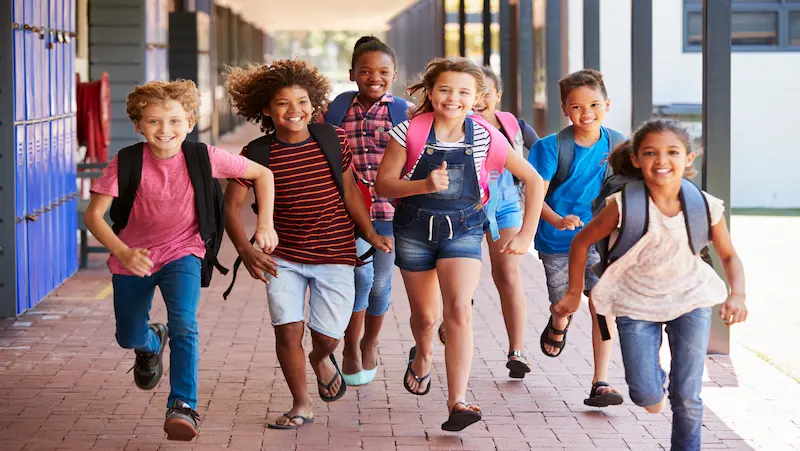
 We are an army of educators and passionate learners from BrightChamps family, committed to providing free learning resources to kids, parents & students.
We are an army of educators and passionate learners from BrightChamps family, committed to providing free learning resources to kids, parents & students.













